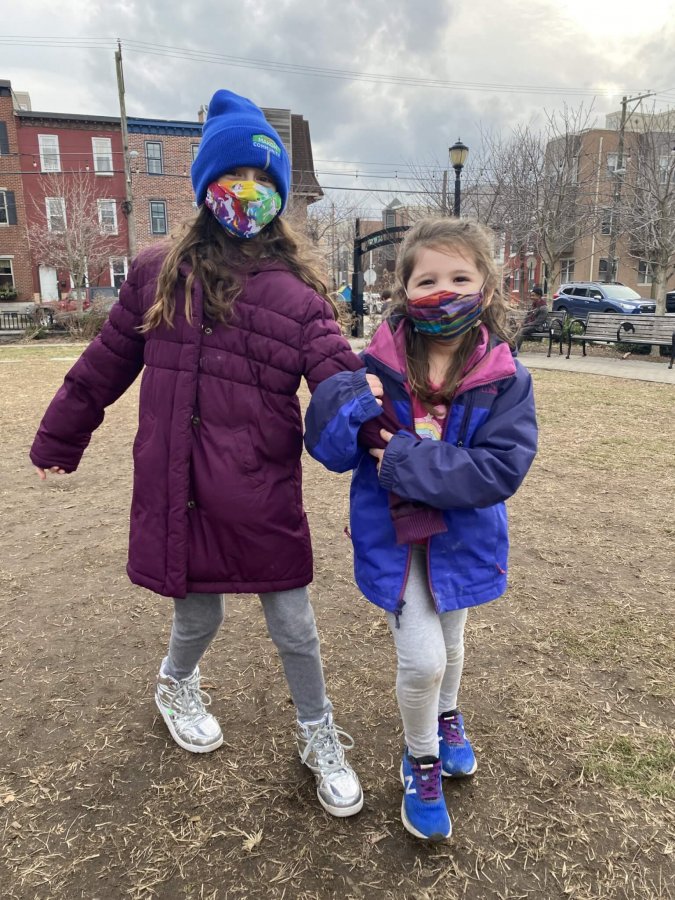
So many feelings! So little time! Last week we spent a lot of time decoding characters’ feelings, through dramatic interpretation, visual aids, and empathy practice. Eisav returns from his hunt only to find out that Yaakov had just received the blessing meant for him. He is incredibly distressed, and vows to kill his brother Yaakov. At first, the Garinim (preK and K kiddos) and Shorashim (1st and 2nd graders) had trouble relating:
- It’s only a blessing.
- I only cry when it’s a big problem.
- Killing someone would make it worse.
- Why does he want to kill him?!
- This isn’t a good enough reason to react like that.
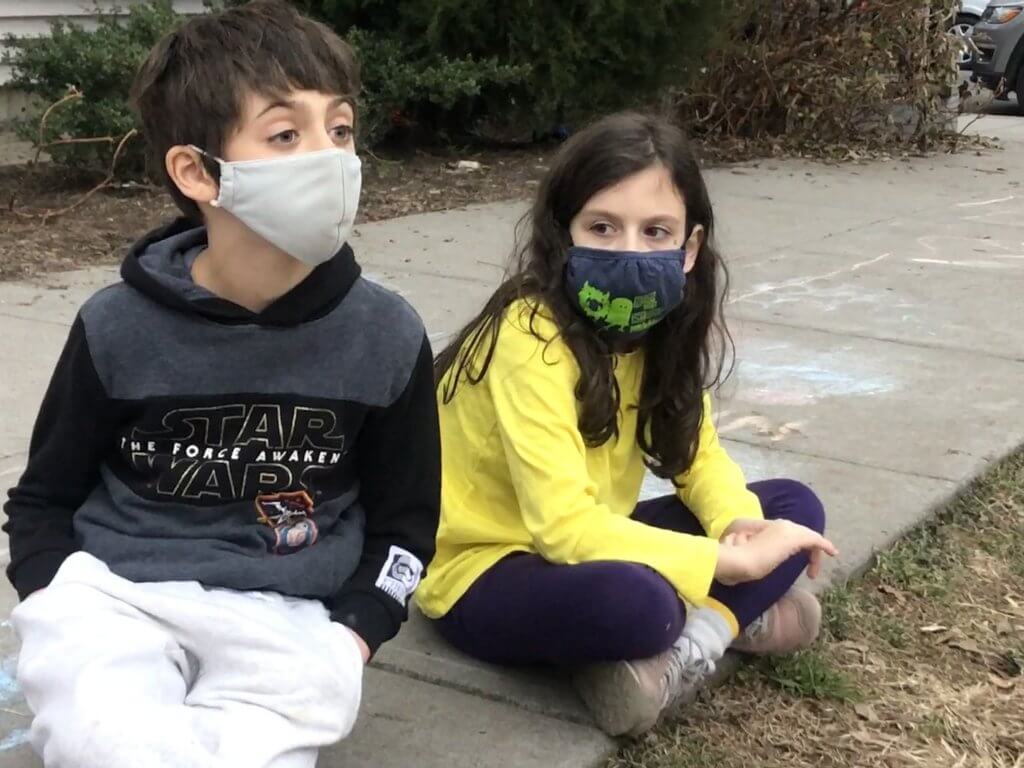
As dramatically as we could, the Shorashim reenacted this scene. As we acted out Eisav’s reactions, we began to sympathize with him more:
- I would be mad to have that (the blessing) stolen from me.
- He probably is sad too because he also lost the birthright.
- His new blessing sounds more like a curse.
We speculated about how Eisav’s feelings motivated some of his actions and choices. Why do you think he decides to wait until after Yitzchak has died before trying to kill Yaakov? Why doesn’t he do it immediately?
- So Yitzchak won’t be able to tell him not to do it.
- So that Rivkah will be in the middle of big feelings about Yitzchak dying and won’t be able to be as mad at him about killing Yaakov.
- Because he knows he’s in the middle of really big feelings and wants to give himself an out to calm down before actually doing anything with them.
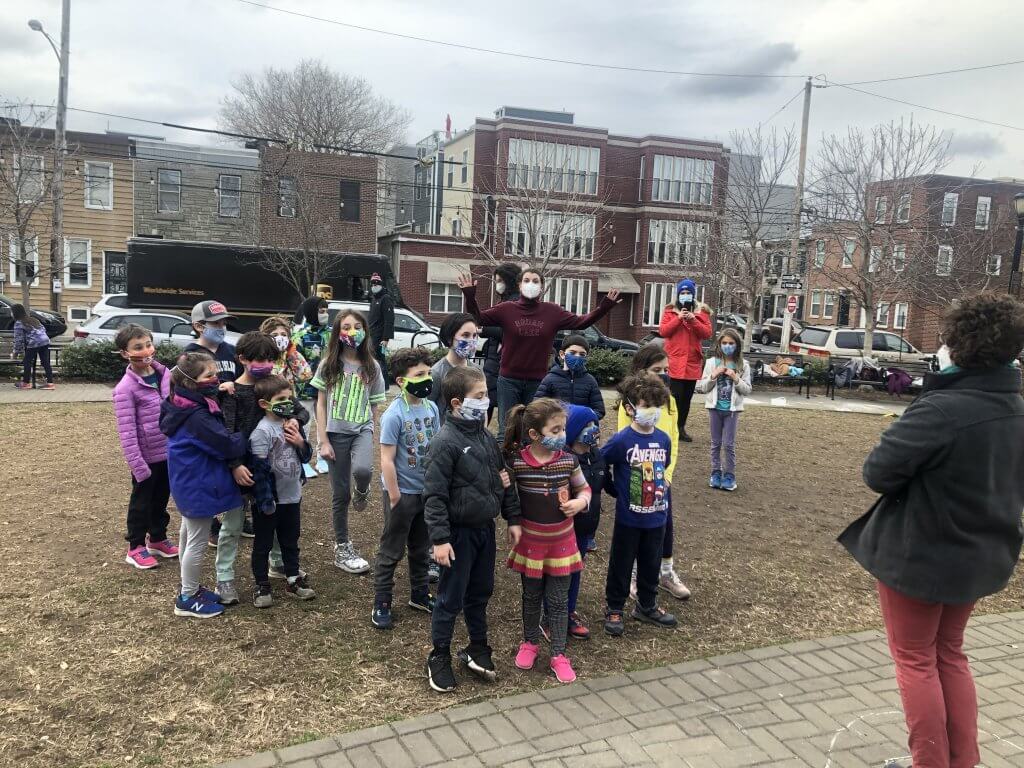
Eisav wasn’t the only one experiencing big feelings during this scene. Garinim also imagined what Yitzchak is feeling when Eisav comes in for his blessing:
- Confused – like the interaction he had with Yaakov is blurring together with this one.
- Embarrassed because he gave the blessing to the wrong person.
- Angry that he was tricked.
- I think he feels sorry for Eisav.
- He probably wants to give another blessing, but doesn’t know whether he can because he already gave good stuff to Yaakov. Like God can’t help two people the same.
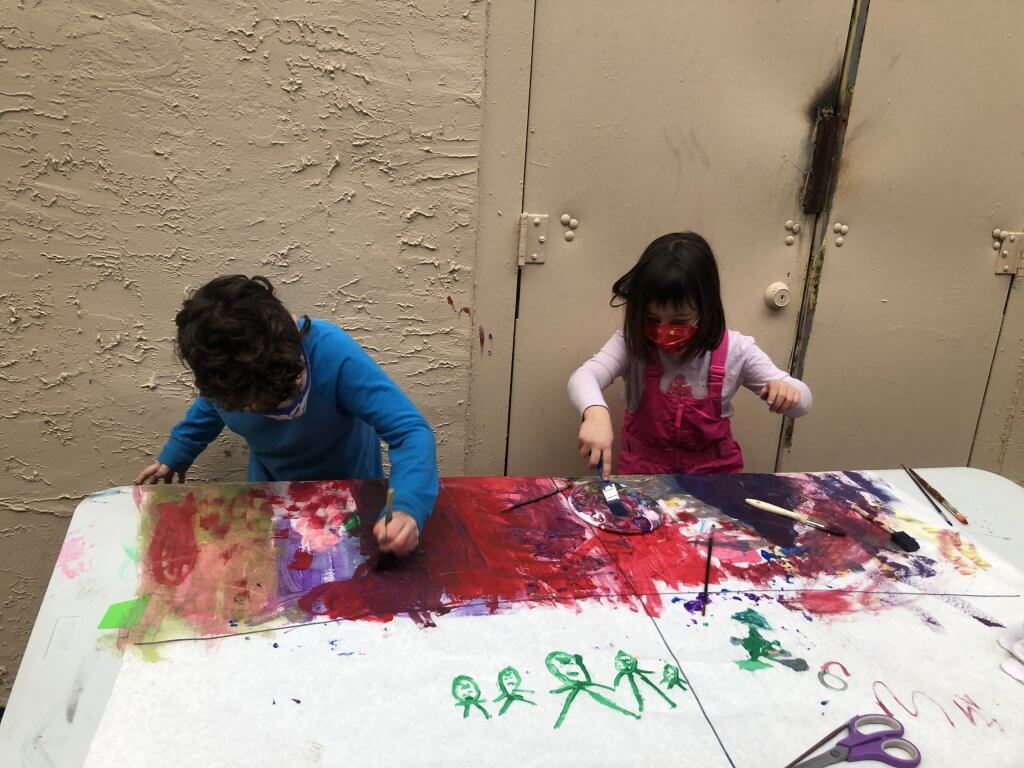
Under Rivkah’s instruction (per usual), Yaakov ends up running away to avoid Eisav’s murderous rage. Then we read that decades later they are slated to reunite. Each kid in Shorashim received an “emoji pack” consisting of 24 emoji faces with a variety of emotions. We paused every couple of lines while reading the text for an “emoji check” so that we could delve deeper into what the characters might be going through. It was interesting seeing kids pick such a wide array of emotions. When we learned that Eisav had 400 men with him, kids held up emojis that represent fear, concern, sadness, and even laughter.
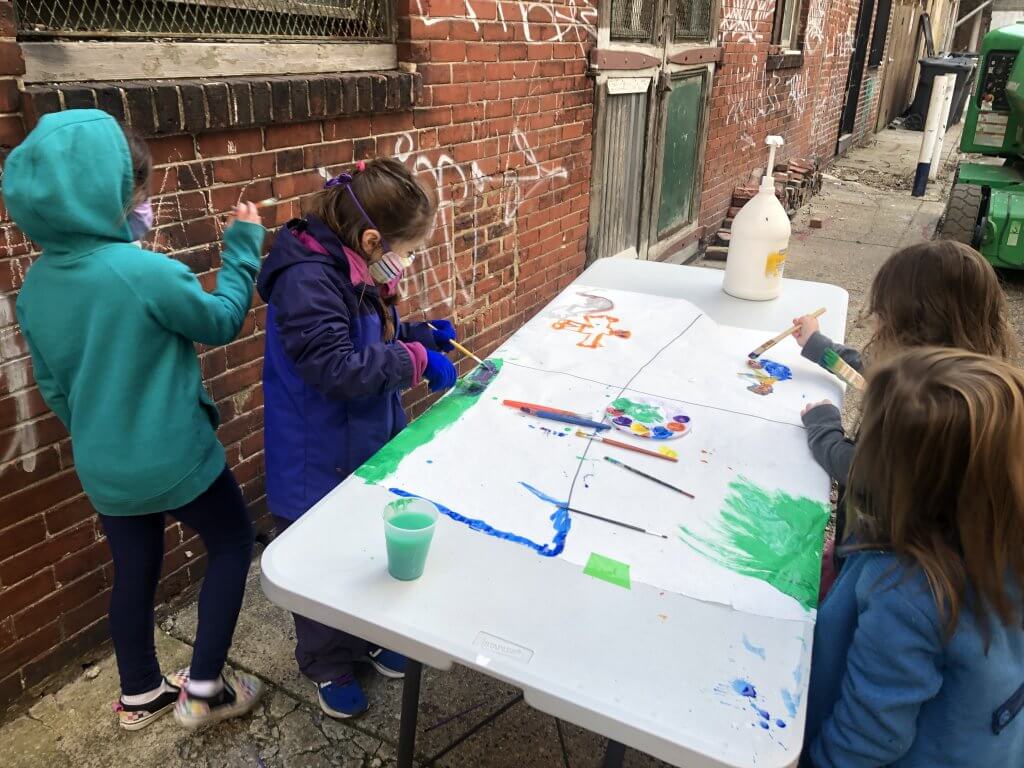
The Garinim unpacked the upcoming reunion more from Yaakov’s perspective. Yaakov is scared – he divides his people up into two camps in the hopes of saving one in case Eisav attacks the other. And then he prays and pleas extensively with God to protect him. We noticed how this prayer shows Yaakov’s fear and worry for his future. We imagined that he used his prayer not just as a way to ask for help from God, but also as a form of meditation to bring himself out of his worry and back to his present moment of safety.
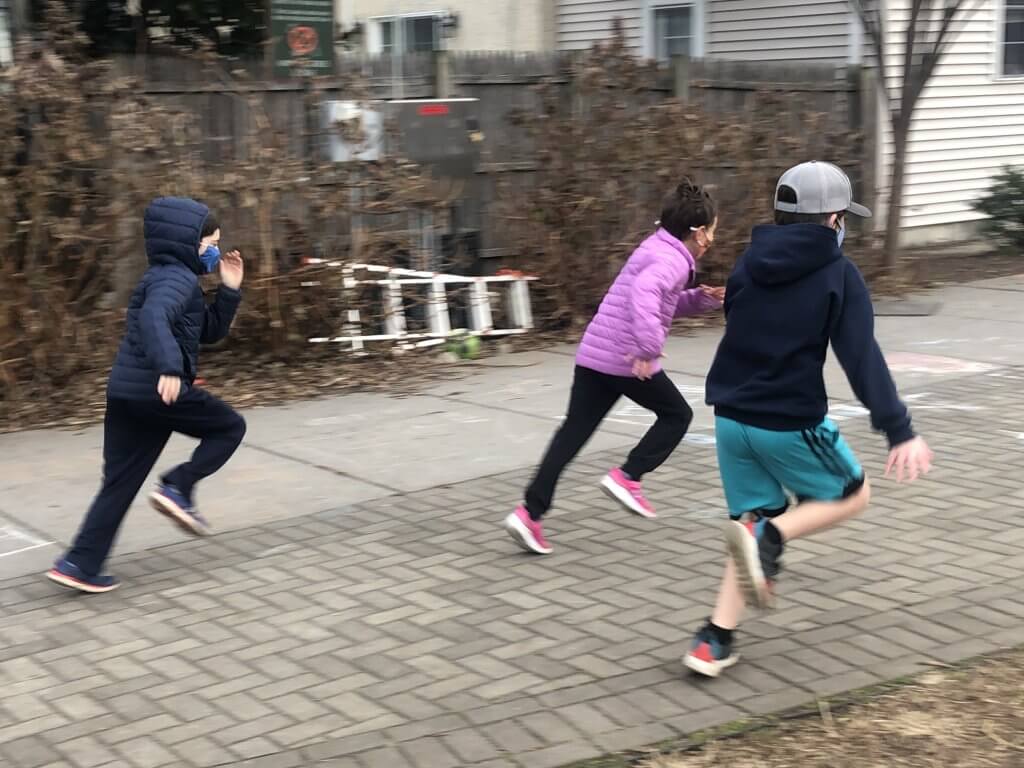
While the younger kiddos dug into the emotional experiences of all the characters at this point in the story, the Nitzanim (3rd and 4th grade) began preparing for our showcase in earnest. This unit has been all about conflict and resolution, and we decided to make our very own guide for resolving conflicts that we see in our lives. These are the steps the Nitzanim came up with:
- Spend time with the other person and see what you have in common.
- Do things together that you both like.
- Ask for outside help from an adult or a friend.
- Take some space and spend some time without them.
- Ignore them, just don’t engage.
- Try to get to a place where you’re calm so you can look at the situation without being very hot or very cold.
- Apologize to other person if you did something wrong.
- Avoid topics that you disagree on. Talk about something that you both really like or you both really don’t like so you can bond over a common interest.
- Explain your feelings to the other person so they know how you feel.
- Work through the problem with the other person. What started it, why does the issue keep growing, and what can we do to fix it?
All of our practice identifying, empathizing with, and working through our feelings is sure to help us move through our own conflicts to peaceful resolution.
